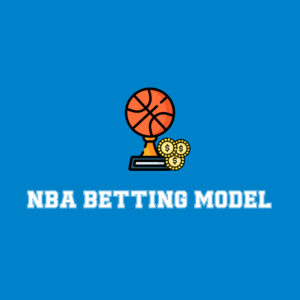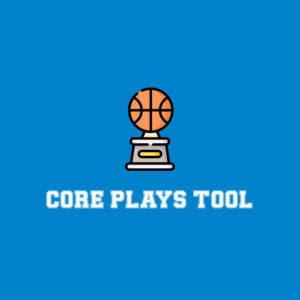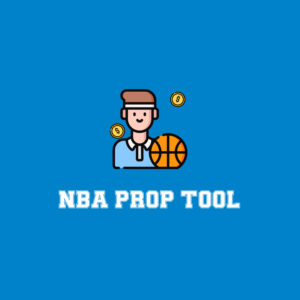
Generally speaking, we want to pretend we are purely objective in fantasy football, that we perform the cold calculations and make the best choices and toss fandom to the wind. There are obviously exceptions to that, but the general point is that if you can look back at your season and see that all of your draft picks finished higher in point total than they went by draft pick, you did well, and if the opposite happens, you did poorly.
Sometimes, though, we aren’t that good at it. Sometimes, it’s injury — Christian McCaffrey was the consensus RB1 in 2021 drafts, but he was held to seven games and finished as RB38. Sometimes it’s just poor performance — Allen Robinson was drafted as WR12 and ended WR81. Even with the wisdom of the crowd, we can’t be perfect.
But being off on one player, one year is one thing. Are there any players (or player types) we are consistently wrong on? Ideally, you’d want the draft community to be within a couple spots of a player’s value every year. Failing that, you’d expect the community to underrate a guy one year, overrate him the next, and so on, as opinion and performance bounce around. But maybe other trends develop.
This is obviously an imperfect measure — more of a starting point — but I compared recent positional PPR ADPs (thanks, Fantasy Football Calculator) to players’ end-of-season ranking to see if any trends jumped out. Quarterback and running back today, wide receiver and tight end Sunday.
(I won’t always give a player’s entire career of ADPs, just enough recent years to make the point at hand.)
Quarterback
Josh Allen, Buffalo Bills
| 2021 | 2020 | 2019 | 2018 | |
| Positional ADP | QB2 | QB11 | QB20 | Undrafted |
| Positional Finish | QB1 | QB1 | QB6 | QB21 |
Josh Allen has played four years in the league and beaten his ADP all four years. Early on, that was mostly a product of his entering-the-league reputation as a big-time risky draft pick who might develop into a reliable player. Last year, it was because … well, there’s only so high a player can climb. By early ADP data for 2022, Allen is the QB1 (and fairly comfortably so), so his days of being underdrafted, even slightly, are over.
Tom Brady, Tampa Bay Buccaneers
| 2021 | 2020 | 2019 | 2018 | |
| Positional ADP | QB9 | QB9 | QB15 | QB3 |
| Positional Finish | QB3 | QB8 | QB12 | QB14 |
It feels like after 2018 Tom Brady fully entered the “OK, we’re hedging our bets, this is the year Mother Nature catches up with him” stage of drafting, and it hasn’t worked yet. He’s QB20 for 2022 by the earliest ADP data, but that includes some drafts while he was technically retired. It’ll climb. The question is just whether it’ll climb enough.
Matt Ryan, Indianapolis Colts
| 2021 | 2020 | 2019 | 2018 | 2017 | |
| Positional ADP | QB16 | QB8 | QB5 | QB13 | QB4 |
| Positional Finish | QB20 | QB12 | QB11 | QB2 | QB15 |
Other than his 2018 season, when Matt Ryan finished with what was at the time the 14th-best fantasy QB season ever, drafters have consistently overdrafted the new Colt, still seeing visions of that 2018 production or his 2016 MVP performance. It would be easy to talk yourself into a late flyer on Ryan in Indianapolis, with better surroundings and a new environment, but tread lightly — he turns 37 in May.
Kirk Cousins, Minnesota Vikings
| 2021 | 2020 | 2019 | 2018 | 2017 | 2016 | 2015 | |
| Positional ADP | QB24 | Undrafted | QB18 | QB7 | QB9 | QB13 | Undrafted |
| Positional Finish | QB11 | QB11 | QB18 | QB13 | QB6 | QB5 | QB8 |
Kirk Cousins became a full-time starter in 2015 and has been a top-18 QB every year since, top-13 every year but one. And yet, the drafting community mostly refuses to draft him as such. Now, there’s a reason for that — Cousins has among the highest floors in fantasy, but he has a fairly locked-in low ceiling, so draft strategy comes into play. For example, by 2022 data, he’s going 15th in drafts this year, right after Justin Fields. If you want to play it safe, Cousins is the obvious choice of the two. But playing it safe at quarterback is a great way to not win your title, so drafters are more likely to swing for the fences with the second-year Bear. But regardless, don’t be surprised if Cousins bests his ADP again.
Derek Carr, Las Vegas Raiders
| 2021 | 2020 | 2019 | 2018 | 2017 | 2016 | 2015 | 2014 | |
| Positional ADP | Undrafted | Undrafted | QB22 | QB19 | QB6 | QB12 | QB23 | Undrafted |
| Positional Finish | QB13 | QB13 | QB17 | QB18 | QB19 | QB10 | QB14 | QB20 |
Like Cousins, Derek Carr has reliably offered a high floor without a particularly high ceiling, top-20 every season of his career without every topping 10th. He’s beaten ADP every year but 2017. And unlike Cousins, Carr has maybe the highest ceiling of his career in 2022, with the Raiders adding Davante Adams to Hunter Renfrow and Darren Waller. His ADP is going to rise, but there’s a chance it won’t rise enough.
Running Back
Austin Ekeler, Los Angeles Chargers
| 2021 | 2020 | 2019 | 2018 | 2017 | |
| Positional ADP | RB7 | RB9 | RB30 | RB59 | Undrafted |
| Positional Finish | RB2 | RB26 | RB4 | RB25 | RB45 |
Austin Ekeler missed six games in 2020. Other than that, he’s not only bested his ADP every season he’s been in the league, he’s done so by a healthy margin, culminating in his RB2 finish in 2021, where he actually had a better average weekly finish than RB1 Jonathan Taylor. He’s currently ADP RB5 for 2022, so there’s only so far he can realistically climb, but … don’t bet against him.
Saquon Barkley, New York Giants
| 2021 | 2020 | 2019 | 2018 | |
| Positional ADP | RB9 | RB26 | RB1 | RB6 |
| Positional Finish | RB30 | RB119 | RB10 | RB1 |
Saquon Barkley is paying the price for his absolutely dominant rookie season, when he put up 2,028 all-purpose yards and scored 15 touchdowns. He’s totaled 2,391 yards and 12 touchdowns in the three years since. And obviously, injuries have played a huge role there, but we see the drafting community trying to convince itself that this is the year over and over, and it just hasn’t happened.
Miles Sanders, Philadelphia Eagles
| 2021 | 2020 | 2019 | |
| Positional ADP | RB20 | RB10 | RB29 |
| Positional Finish | RB44 | RB23 | RB15 |
Like Barkley, Miles Sanders is sort of the victim of his early success. Sanders was a big receiving threat as a 2019 rookie, finishing seventh among running backs with 509 yards through the air. In the two years since, he has 355 combined, and his rushing yardage hasn’t climbed to make up the difference. We’ve waited for him to take the next step, but considering his team keeps bringing in other players to compete for touches, maybe there just isn’t a next step to take. He’s 2022’s RB29 right now, and there might not be that much room for improvement.
Melvin Gordon, Denver Broncos
| 2021 | 2020 | 2019 | 2018 | 2017 | |
| Positional ADP | RB31 | RB22 | RB22 | RB7 | RB6 |
| Positional Finish | RB21 | RB14 | RB23 | RB8 | RB5 |
The drafting community was pretty right on Melvin Gordon for his last few years with the Chargers, but when he landed in Denver, he suddenly became somewhat underrated. That’s understandable as a running back gets a bit older and sees more competition on his own team, and right now Gordon is a free agent and all but forgotten in ADP. It’ll climb when he signs, but assuming he finds anything like a regular role, don’t be surprised if it doesn’t climb enough.
Leonard Fournette, Tampa Bay Buccaneers
| 2021 | 2020 | 2019 | 2018 | 2017 | |
| Positional ADP | RB36 | RB21 | RB12 | RB8 | RB13 |
| Positional Finish | RB6 | RB35 | RB7 | RB40 | RB9 |
Leonard Fournette is the closest thing we have to the platonic ideal here of a player who gets underrated one year, overrated the next, and so on. We’ve been close some years, but generally speaking, he bounces from undervalued by ADP to over. If that continues (yes, this is hardly scientific), he’ll disappoint in fantasy this year, though considering he’s back in Tampa as the undisputed lead back, that might be a surprise.








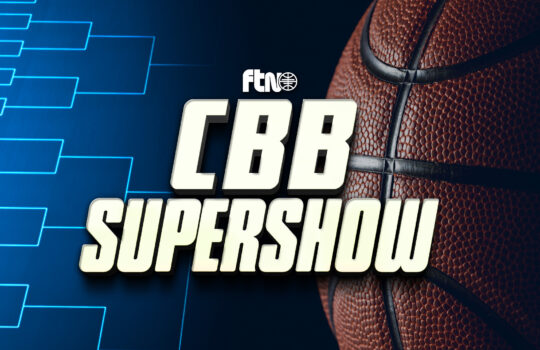

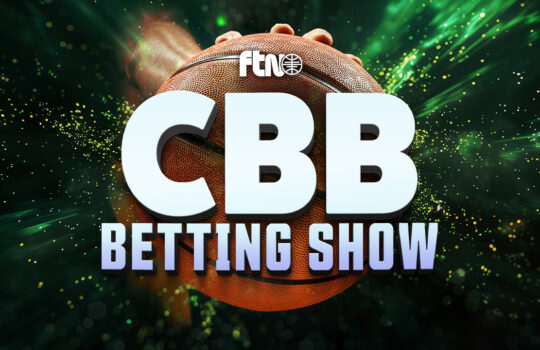











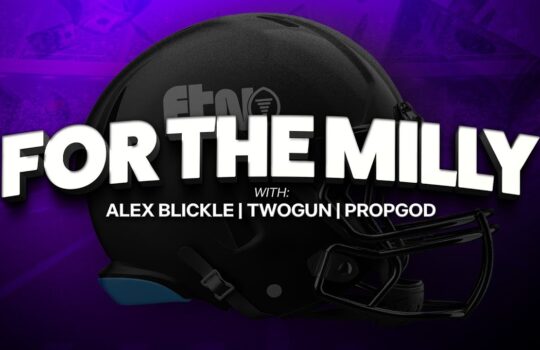






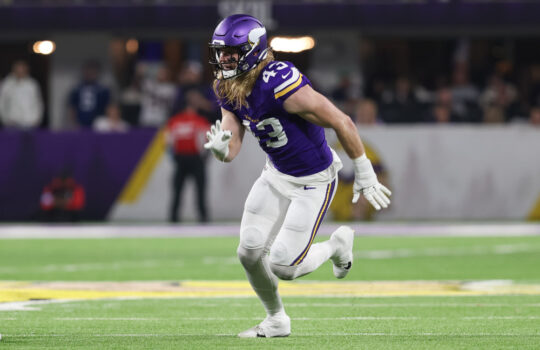



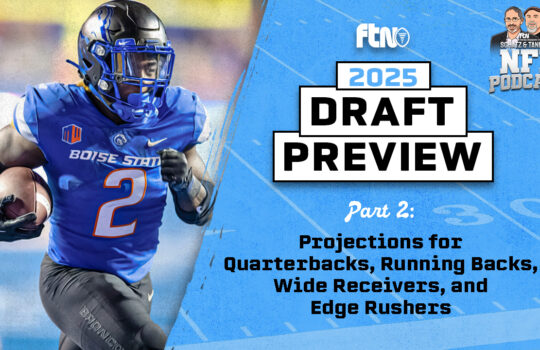

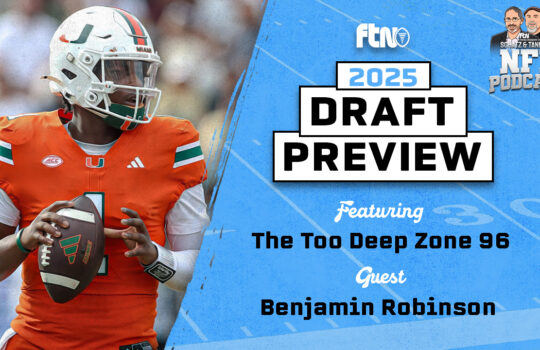
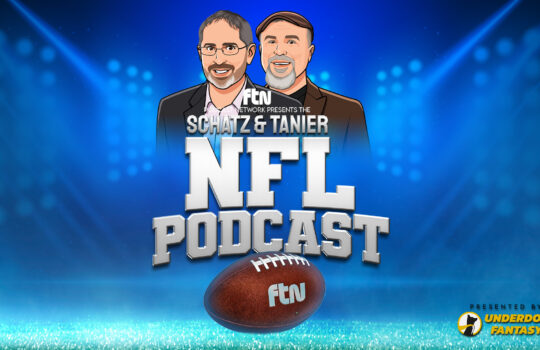




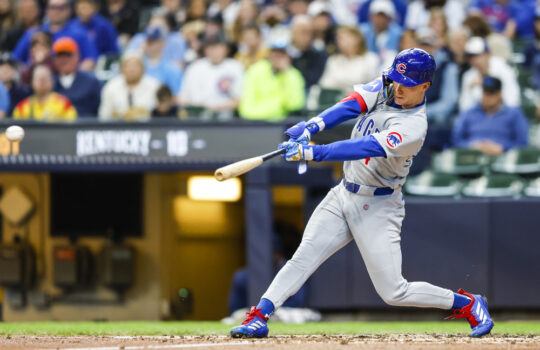



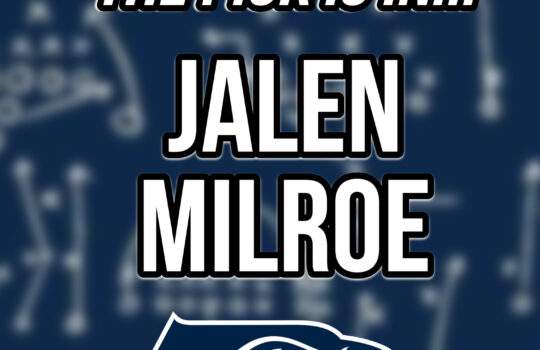

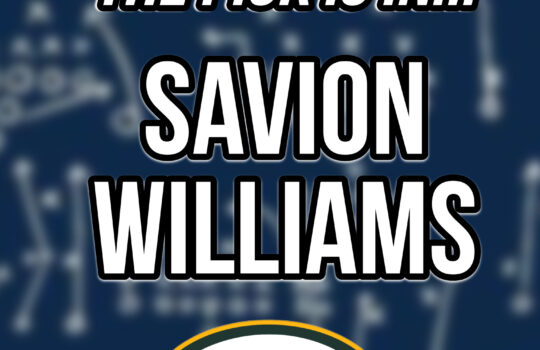
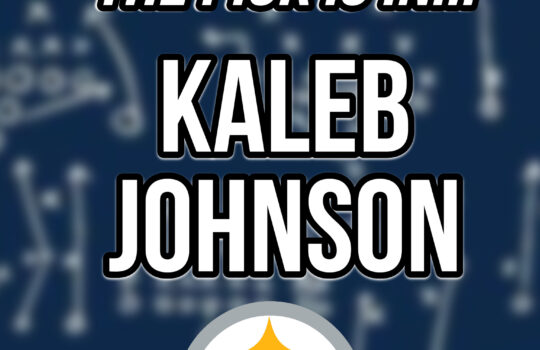

 New York Jets
New York Jets  New England Patriots
New England Patriots 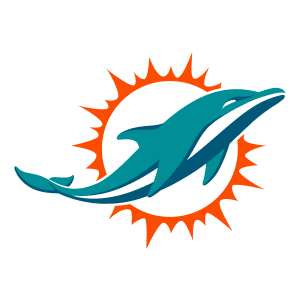 Miami Dolphins
Miami Dolphins  Buffalo Bills
Buffalo Bills  Pittsburgh Steelers
Pittsburgh Steelers  Cleveland Browns
Cleveland Browns  Cincinnati Bengals
Cincinnati Bengals 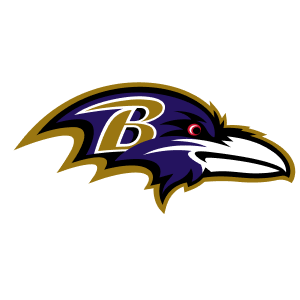 Baltimore Ravens
Baltimore Ravens 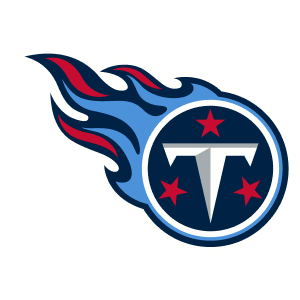 Tennessee Titans
Tennessee Titans  Jacksonville Jaguars
Jacksonville Jaguars  Indianapolis Colts
Indianapolis Colts  Houston Texans
Houston Texans  Las Vegas Raiders
Las Vegas Raiders 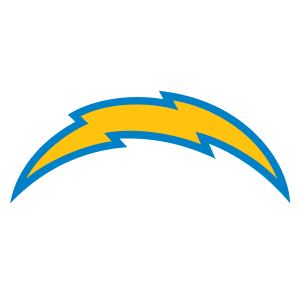 Los Angeles Chargers
Los Angeles Chargers  Kansas City Chiefs
Kansas City Chiefs 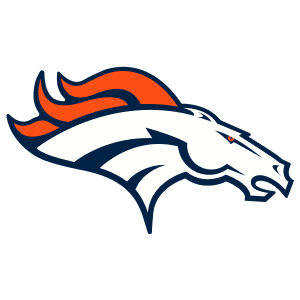 Denver Broncos
Denver Broncos  Washington Commanders
Washington Commanders  Philadelphia Eagles
Philadelphia Eagles 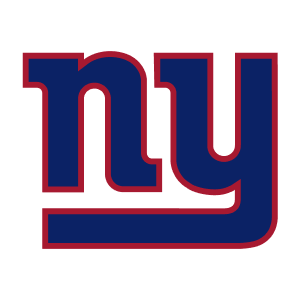 New York Giants
New York Giants  Dallas Cowboys
Dallas Cowboys 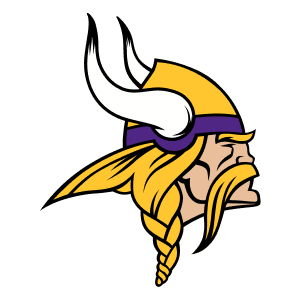 Minnesota Vikings
Minnesota Vikings 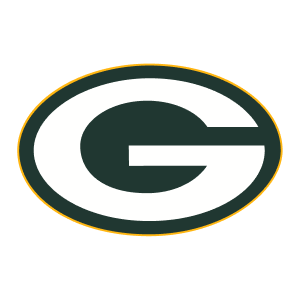 Green Bay Packers
Green Bay Packers 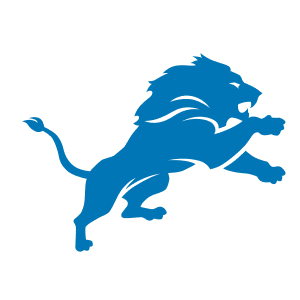 Detroit Lions
Detroit Lions 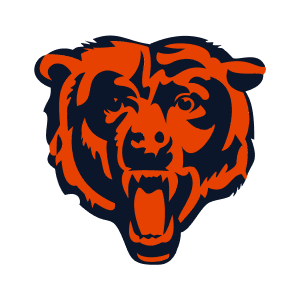 Chicago Bears
Chicago Bears 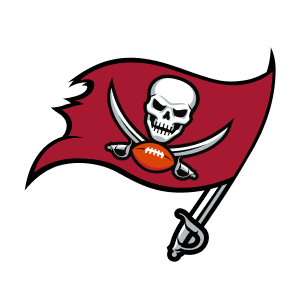 Tampa Bay Buccaneers
Tampa Bay Buccaneers  New Orleans Saints
New Orleans Saints 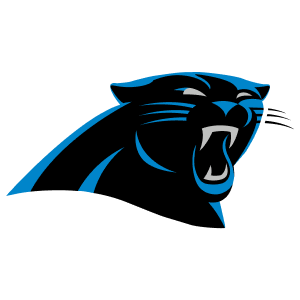 Carolina Panthers
Carolina Panthers 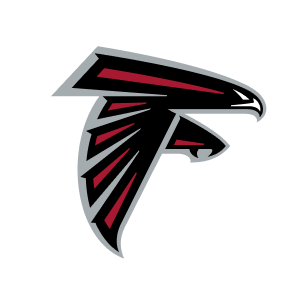 Atlanta Falcons
Atlanta Falcons  San Francisco 49ers
San Francisco 49ers 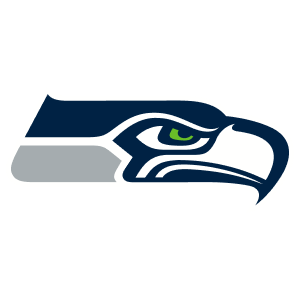 Seattle Seahawks
Seattle Seahawks  Los Angeles Rams
Los Angeles Rams 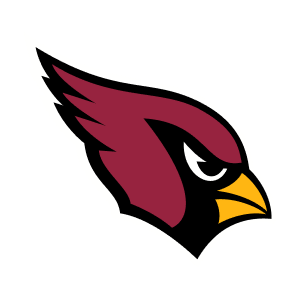 Arizona Cardinals
Arizona Cardinals 
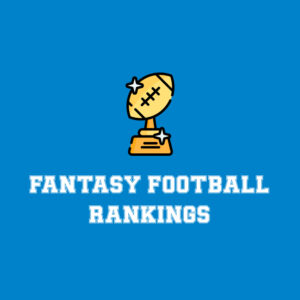
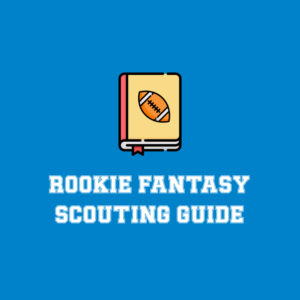
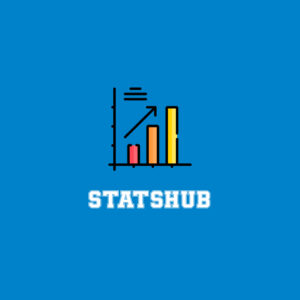
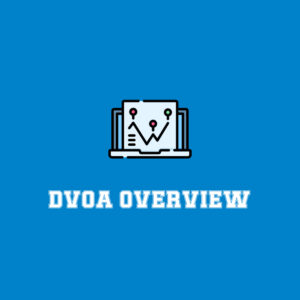




 Boston Celtics
Boston Celtics  Brooklyn Nets
Brooklyn Nets  Philadelphia 76ers
Philadelphia 76ers  New York Knicks
New York Knicks  Toronto Raptors
Toronto Raptors  Chicago Bulls
Chicago Bulls  Detroit Pistons
Detroit Pistons  Milwaukee Bucks
Milwaukee Bucks  Cleveland Cavaliers
Cleveland Cavaliers  Indiana Pacers
Indiana Pacers  Orlando Magic
Orlando Magic 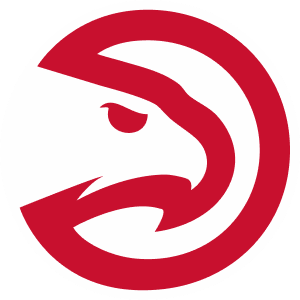 Atlanta Hawks
Atlanta Hawks  Charlotte Hornets
Charlotte Hornets  Miami Heat
Miami Heat  Washington Wizards
Washington Wizards  Denver Nuggets
Denver Nuggets 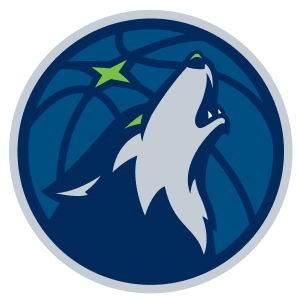 Minnesota Timberwolves
Minnesota Timberwolves  Oklahoma City Thunder
Oklahoma City Thunder  Portland Trail Blazers
Portland Trail Blazers  Utah Jazz
Utah Jazz  LA Clippers
LA Clippers  Golden State Warriors
Golden State Warriors  Los Angeles Lakers
Los Angeles Lakers  Phoenix Suns
Phoenix Suns  Sacramento Kings
Sacramento Kings  Dallas Mavericks
Dallas Mavericks  Houston Rockets
Houston Rockets  Memphis Grizzlies
Memphis Grizzlies  New Orleans Pelicans
New Orleans Pelicans  San Antonio Spurs
San Antonio Spurs 
